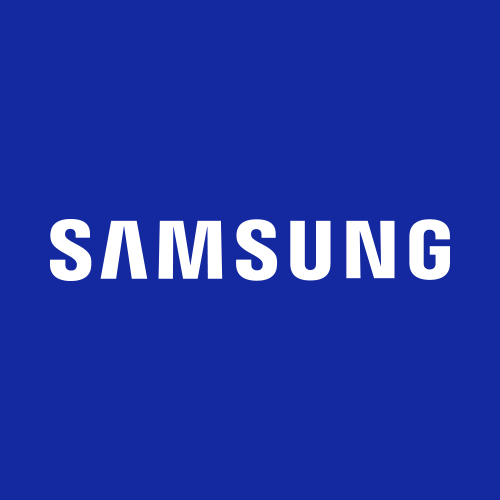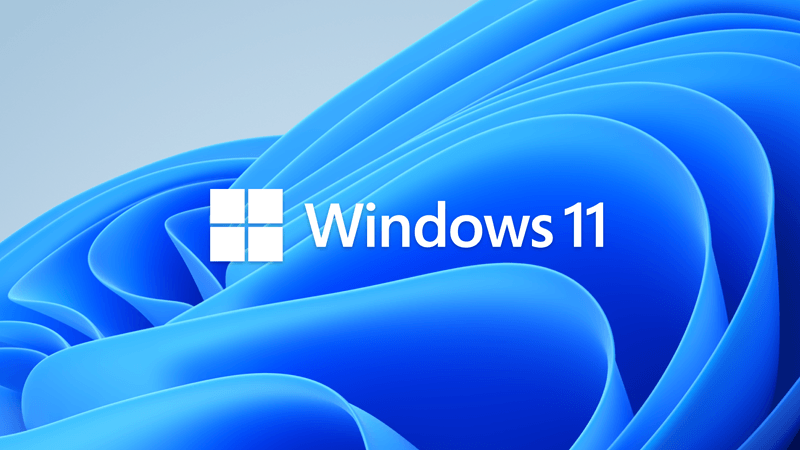sushikungen
Member
- Local time
- 6:54 PM
- Posts
- 10
- OS
- Win 11
Hi, I've had problems for maybe 4 - 5 months where my pc would crash randomly after gaming, sometimes it crashes within five minutes, sometimes 20 min - 1h.
I bought my pc part 2020 brand new, but i threw away almost all of the boxes after moving a few times, so I don't know if warranty still is active?
Things I've tried but nothing really got better:
Done memtest 86 on both ram sticks with 4 passes and no errors came up.
Removed all overclocking and it didn't help either.
Reinstalled Windows 10, and updated to win 11.
Updated all drivers I found.
Stress test in FurMark. 30 minutes (Max temp: 84 Celcius)
Stress test ryzenmaster 30 minutes (Max temp: 73 Celcius)
Removed unused programs.
Reinstalled games.
Repaired drivers, and i downloaded CrystalDiskInfo and both drivers are good.
Tried resetting router but no difference.
What's wrong:
I can boot into windows and browse youtube, google etc with no issues.
But as soon as i try to game my the pc freezes but i can still move my mouse courser, but nothing happens when i click, i can still hear the game audio in the backgroud.
Or, my pc automatically shuts down with a black screen / bluescreen for like a half second then restarts. - After crashing it always trying to repair hardrive.
I almost always use discord while gaming, tried with it off but no difference it seems.
While gaming with discord, discord can lagg for like 10 - 20 seconds.
Sometimes it takes long time to load into games.
I do have fast internet though.
I often get this error event id:
SCEP Certificate enrollment initialization for WORKGROUP\BINH$ via https://amd-keyid-907d65e9b562315997dd5ad086b2b7598957b92c.microsoftaik.azure.net/templates/Aik/scep failed:
GetCACaps
Method: GET(0ms)
Stage: GetCACaps
The server name or address could not be resolved 0x80072ee7 (WinHttp: 12007 ERROR_WINHTTP_NAME_NOT_RESOLVED)
Don't know what it is and tried looking online with no answers..
V2 LOG:
 drive.google.com
drive.google.com
I bought my pc part 2020 brand new, but i threw away almost all of the boxes after moving a few times, so I don't know if warranty still is active?
Things I've tried but nothing really got better:
Done memtest 86 on both ram sticks with 4 passes and no errors came up.
Removed all overclocking and it didn't help either.
Reinstalled Windows 10, and updated to win 11.
Updated all drivers I found.
Stress test in FurMark. 30 minutes (Max temp: 84 Celcius)
Stress test ryzenmaster 30 minutes (Max temp: 73 Celcius)
Removed unused programs.
Reinstalled games.
Repaired drivers, and i downloaded CrystalDiskInfo and both drivers are good.
Tried resetting router but no difference.
What's wrong:
I can boot into windows and browse youtube, google etc with no issues.
But as soon as i try to game my the pc freezes but i can still move my mouse courser, but nothing happens when i click, i can still hear the game audio in the backgroud.
Or, my pc automatically shuts down with a black screen / bluescreen for like a half second then restarts. - After crashing it always trying to repair hardrive.
I almost always use discord while gaming, tried with it off but no difference it seems.
While gaming with discord, discord can lagg for like 10 - 20 seconds.
Sometimes it takes long time to load into games.
I do have fast internet though.
I often get this error event id:
SCEP Certificate enrollment initialization for WORKGROUP\BINH$ via https://amd-keyid-907d65e9b562315997dd5ad086b2b7598957b92c.microsoftaik.azure.net/templates/Aik/scep failed:
GetCACaps
Method: GET(0ms)
Stage: GetCACaps
The server name or address could not be resolved 0x80072ee7 (WinHttp: 12007 ERROR_WINHTTP_NAME_NOT_RESOLVED)
Don't know what it is and tried looking online with no answers..
V2 LOG:
BINH-(2023-09-28_19-06-14).zip
 drive.google.com
drive.google.com
- Windows Build/Version
- Windows 11 Home. Version 22H2 (os build 22621.2361)
My Computer
System One
-
- OS
- Win 11
- Computer type
- PC/Desktop
- CPU
- AMD Ryzen 5 3600 3.6 GHz 36MB
- Motherboard
- msi tomahawk b450 max
- Memory
- Corsair 16GB (2x8GB) DDR4 3200MHz CL16 Vengeance RGB PRO
- Graphics Card(s)
- Gigabyte GeForce RTX 2070 8GB WINDFORCE 2X
- Monitor(s) Displays
- BenQ XL2411
- Screen Resolution
- 1920 x 1080
- Hard Drives
- Samsung 860 EVO 500GB M.2 SSD
WD Blue Low Power 3TB 5400rpm 64MB
- PSU
- Seasonic FOCUS GX 650W
- Case
- Corsair iCUE 220T RGB Airflow Vit
- Cooling
- Noctua NH-U12S chromax.black
- Keyboard
- Xtrfy K4 RGB TKL Vit
- Mouse
- Logitech G PRO WIRELESS GAMING MOUSE Shroud Edition
- Internet Speed
- 500/500
- Browser
- Chrome
- Antivirus
- Windows





















